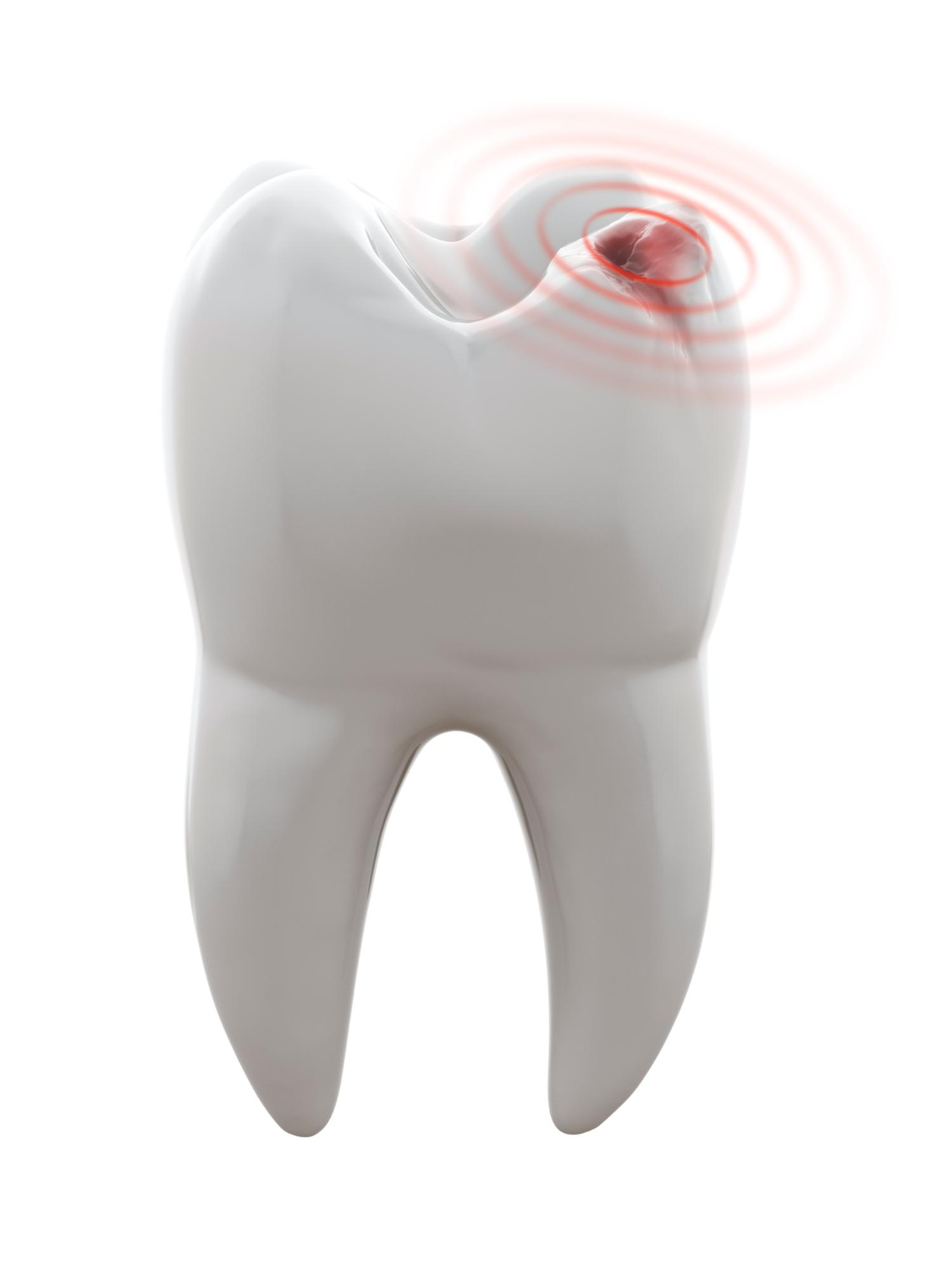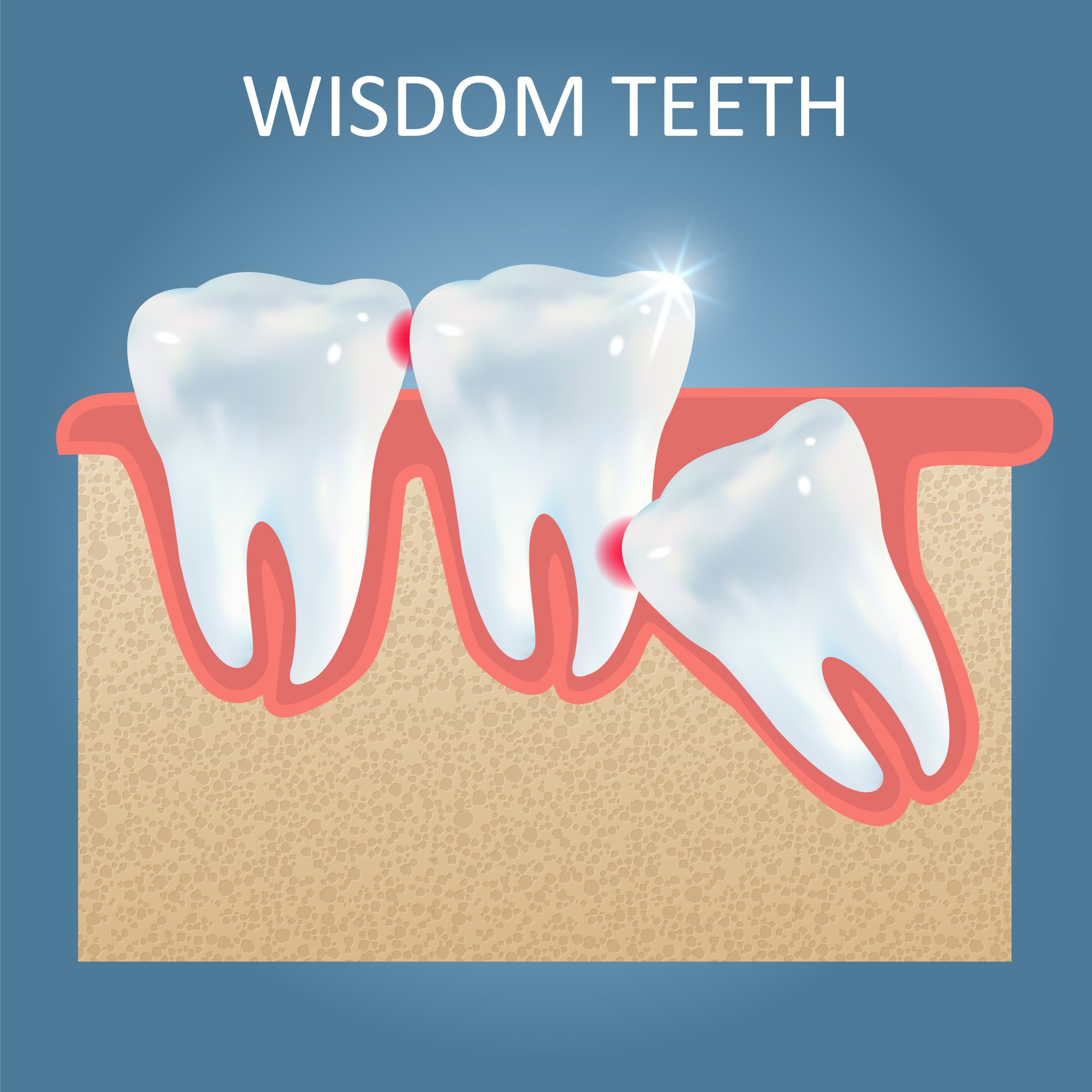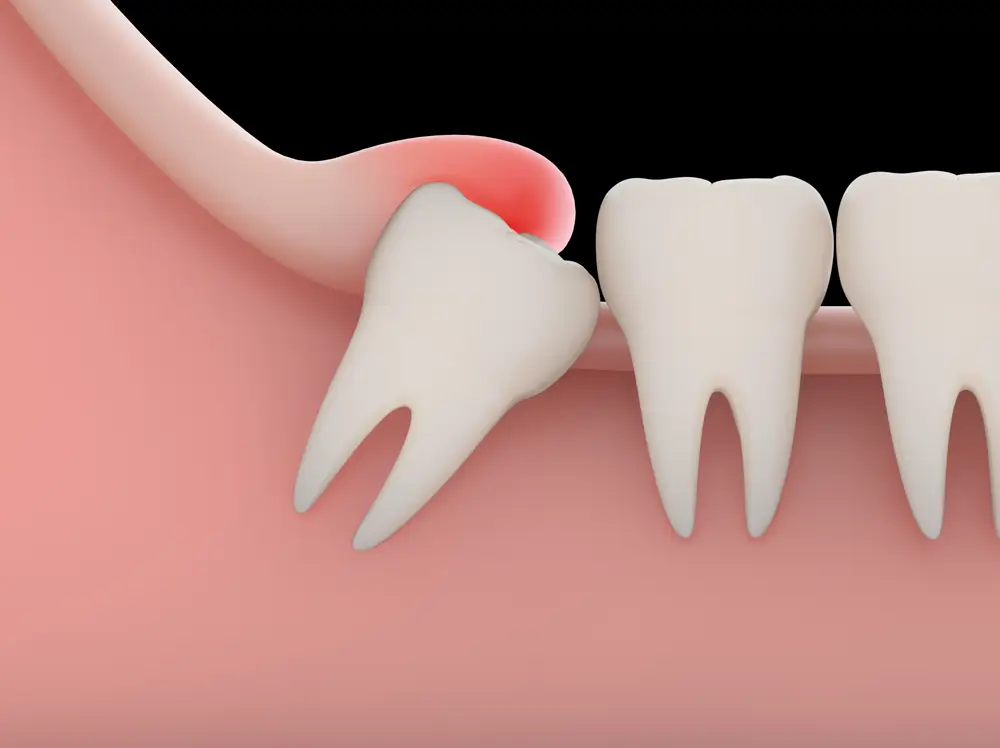Helping Katy Residents With Affordable Wisdom Teeth Removal
If you're seeking professional and efficient wisdom teeth removal in Katy, TX, look no further than The Wisdom Teeth Factory. We understand that the extraction of wisdom teeth can be a daunting prospect, but our skilled team of oral surgeons is here to make the process as comfortable and stress-free as possible. With years of experience and state-of-the-art facilities, we offer top-quality dental care to ensure your oral health and well-being. Whether you're experiencing pain, discomfort, or simply need a consultation, trust The Wisdom Teeth Factory to provide you with the expert care you deserve.
Age Range?
The typical age range for wisdom teeth removal is generally between the late teens and early twenties. Wisdom teeth, also known as third molars, typically start erupting in the late teens, and for many individuals, they can lead to various dental issues such as impaction, crowding, or infection. Therefore, dentists and oral surgeons often recommend removal during this age range to prevent potential problems and to take advantage of the fact that the roots of the wisdom teeth are not fully developed yet, making the extraction process typically easier and less complicated. However, the exact timing can vary from person to person, and it’s essential to consult with a dental professional to determine the best course of action based on individual circumstances.
What Is The Cost?
What Is The Cost To Have Your Wisdom Teeth Removed In Katy, TX?
The cost of wisdom teeth removal in Katy, TX, can vary depending on several factors, including the complexity of the procedure, the number of wisdom teeth being removed, the type of anesthesia or sedation used, and the specific dental clinic or oral surgeon you choose. On average, the cost of removing a single wisdom tooth may range from $250 to $800, while the removal of all four wisdom teeth can cost between $2,000 and $3,500 or more. However, it’s important to note that these are just approximate figures, and prices can vary significantly. Additionally, dental insurance may cover a portion of the cost, so it’s advisable to check with your insurance provider and consult with the oral surgeon’s office to get a more accurate estimate for your specific case.

What Types Of Anesthesia Or Sedation Options Are Available For Wisdom Teeth Removal?
There are several anesthesia and sedation options available for wisdom teeth removal, and the choice typically depends on the complexity of the procedure and the patient’s comfort level. Here are some common options:
- Local Anesthesia: This is the most basic option, where the oral surgeon numbs the extraction area with a local anesthetic, such as lidocaine. You remain conscious during the procedure, but you won’t feel pain in the immediate area.
- IV Sedation: Intravenous (IV) sedation involves administering medication through an IV line to induce a state of deep relaxation and partial or complete unconsciousness. While you may still be somewhat aware, you are unlikely to remember the procedure, and you won’t feel pain.
- General Anesthesia: This option renders you completely unconscious during the procedure. It’s typically reserved for complex or multiple extractions. A trained anesthesiologist administers and monitors the anesthesia.
- Oral Sedation: This involves taking prescribed medication orally before the procedure to induce relaxation and reduce anxiety. It can range from mild to moderate sedation.
The choice of anesthesia or sedation method will depend on factors like the complexity of the extraction, your level of anxiety, and your overall health. Your oral surgeon will discuss the options with you and help you decide which one is most appropriate for your specific case.
Can I Expect Any Pain Or Discomfort During Or After Wisdom Teeth Removal Surgery?
Pain and discomfort are common concerns for individuals undergoing wisdom teeth removal, but the extent of pain experienced during and after the surgery can vary from person to person. During the procedure, you should not feel any pain because you will be under the influence of anesthesia or sedation. However, you might feel some pressure and movement as the oral surgeon extracts the teeth. If you opt for local anesthesia or IV sedation, you may have a vague awareness of what is happening, but the pain should be well-controlled.
After the surgery, it is typical to experience some discomfort, swelling, and mild pain as the anesthesia wears off. This can last for several days, with peak discomfort occurring in the first 24 to 48 hours. Your oral surgeon will provide specific post-operative care instructions, which may include prescribed pain medication to manage any pain. It’s essential to follow these instructions carefully to minimize discomfort and promote healing. Over-the-counter pain relievers, such as ibuprofen, can also be used as recommended by your surgeon. Cold compresses and a soft diet can help reduce swelling and discomfort during the initial recovery period. Remember that any severe or prolonged pain should be reported to your oral surgeon promptly, as it could indicate a complication that needs attention.


How Long Does The Wisdom Teeth Removal Procedure Usually Take?
The duration of a wisdom teeth removal procedure can vary based on several factors, including the number of wisdom teeth being extracted, their position, the complexity of the extraction, and the patient’s individual circumstances. However, on average, a single wisdom tooth extraction typically takes about 20 to 30 minutes. If all four wisdom teeth need to be removed during the same appointment, the procedure may take anywhere from 30 minutes to an hour or more.
It’s important to note that more complex cases, such as impacted wisdom teeth (those that have not fully erupted), may require additional time, as the oral surgeon may need to make more extensive incisions and take extra precautions to ensure a safe and successful removal. Before the procedure, your oral surgeon will provide you with a more accurate estimate of the expected duration based on your specific situation and the complexity of the extractions.
What Are The Potential Risks And Complications Associated With Wisdom Teeth Removal?
Wisdom teeth removal is a common dental procedure, but like any surgical intervention, it carries some potential risks and complications. These can include:
- Infection: Infection is a relatively common complication that can occur after wisdom teeth removal. It may manifest as pain, swelling, and discharge around the surgical site. Proper post-operative care, including maintaining oral hygiene and following the surgeon’s instructions, can help reduce the risk of infection.
- Dry Socket: Dry socket, or alveolar osteitis, is another common complication. It occurs when the blood clot that forms in the extraction site is dislodged or dissolves prematurely, exposing the underlying bone. This condition can be quite painful and typically requires additional treatment from the oral surgeon to alleviate the discomfort and promote healing.
- Nerve Damage: In rare cases, the wisdom tooth removal procedure can potentially damage nerves in the surrounding area, leading to temporary or even permanent numbness or tingling in the lower lip, tongue, or chin. The risk of nerve damage is generally higher when dealing with impacted wisdom teeth, which are close to the nerve bundles. Oral surgeons take great care to minimize this risk by using advanced imaging techniques and precise surgical skills.
- Swelling, Bruising, and Pain: Swelling, bruising, and pain are common after the procedure but usually resolve within a few days to a week. However, excessive or prolonged swelling and severe pain should be reported to the oral surgeon as they could indicate complications.
It’s important to discuss the potential risks and complications with your oral surgeon before the procedure and follow their post-operative care instructions diligently to minimize these risks and ensure a smooth recovery. Keep in mind that while these complications are possible, they are relatively rare, and most wisdom teeth removals proceed without significant issues.

More FAQs About Wisdom Teeth
What is the best way to schedule a consultation to discuss my specific case and potential wisdom teeth removal?
The best way to schedule a consultation to discuss your specific case and potential wisdom teeth removal is to contact The Wisdom Teeth Factory directly. During this initial consultation, you will have the opportunity to discuss your dental history, any symptoms or concerns you may have, and undergo an examination, including dental imaging if necessary. The oral surgeon will then provide you with personalized recommendations and a treatment plan tailored to your unique situation. This consultation is a crucial step in ensuring that you receive the best possible care and information about your wisdom teeth and their removal.
What sets The Wisdom Teeth Factory apart from other oral surgery centers in Katy, TX?
The Wisdom Teeth Factory stands out among other oral surgery centers in Katy, TX, for several reasons. First and foremost, their team comprises highly skilled and experienced oral surgeons who specialize in wisdom teeth removal, ensuring that patients receive top-quality care. Additionally, The Wisdom Teeth Factory is equipped with state-of-the-art facilities and the latest dental technology, enhancing the precision and efficiency of the procedures. Their commitment to patient comfort and well-being is evident through their comprehensive pre-operative consultations and a range of anesthesia options, allowing individuals to choose the level of sedation that suits their needs. Furthermore, their emphasis on clear communication, detailed post-operative instructions, and attentive follow-up care ensures that patients have a smooth and successful recovery, making them a trusted choice for wisdom teeth removal in Katy, TX.
Will I need to schedule a follow-up appointment after the extraction?
Yes, scheduling a follow-up appointment after wisdom teeth extraction is typically recommended. This appointment allows your oral surgeon to assess your healing progress, remove any sutures if necessary, and address any concerns or questions you may have about your recovery. It’s a crucial step in ensuring that your healing process is on track and that any potential complications can be identified and addressed promptly. Your oral surgeon will provide you with specific instructions regarding when to schedule the follow-up appointment, but it often occurs within the first week or two after the extraction. It’s essential to attend this appointment to ensure the best possible outcome and to address any post-operative issues proactively.
Are there any specific guidelines for managing swelling and pain after the surgery?
Yes, there are specific guidelines for managing swelling and pain after wisdom teeth surgery. To minimize swelling, applying ice packs to the affected areas for the first 24 to 48 hours is recommended. Additionally, keeping your head elevated when lying down can help reduce swelling. For pain management, your oral surgeon will likely prescribe pain medication or recommend over-the-counter pain relievers such as ibuprofen. Taking the medication as directed and not waiting until the pain becomes severe is important. Following a soft diet, avoiding hot and spicy foods, and sticking to cold and soft foods can also help minimize discomfort. Your surgeon will provide detailed post-operative care instructions, so be sure to follow them closely for the most comfortable and effective recovery..
